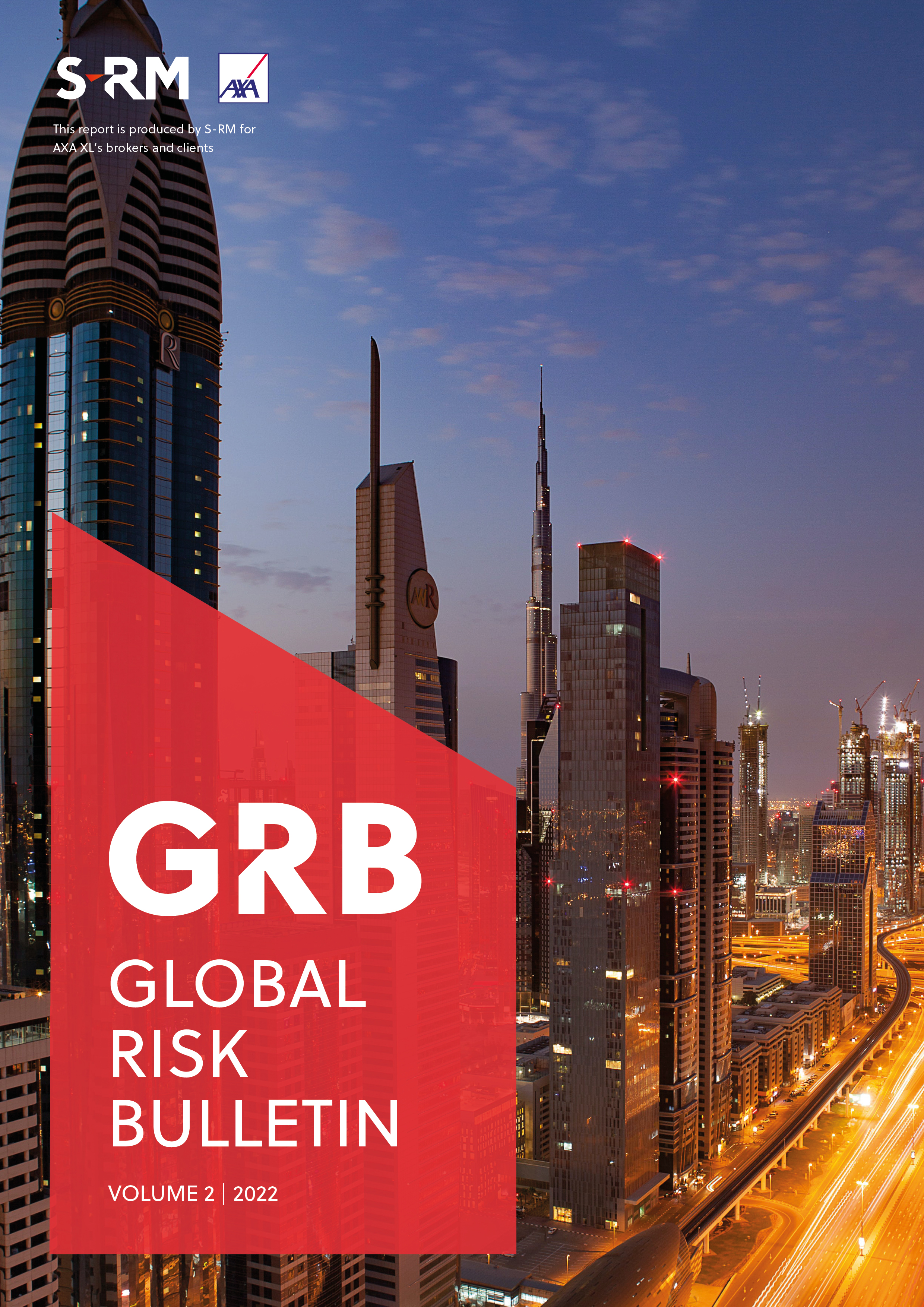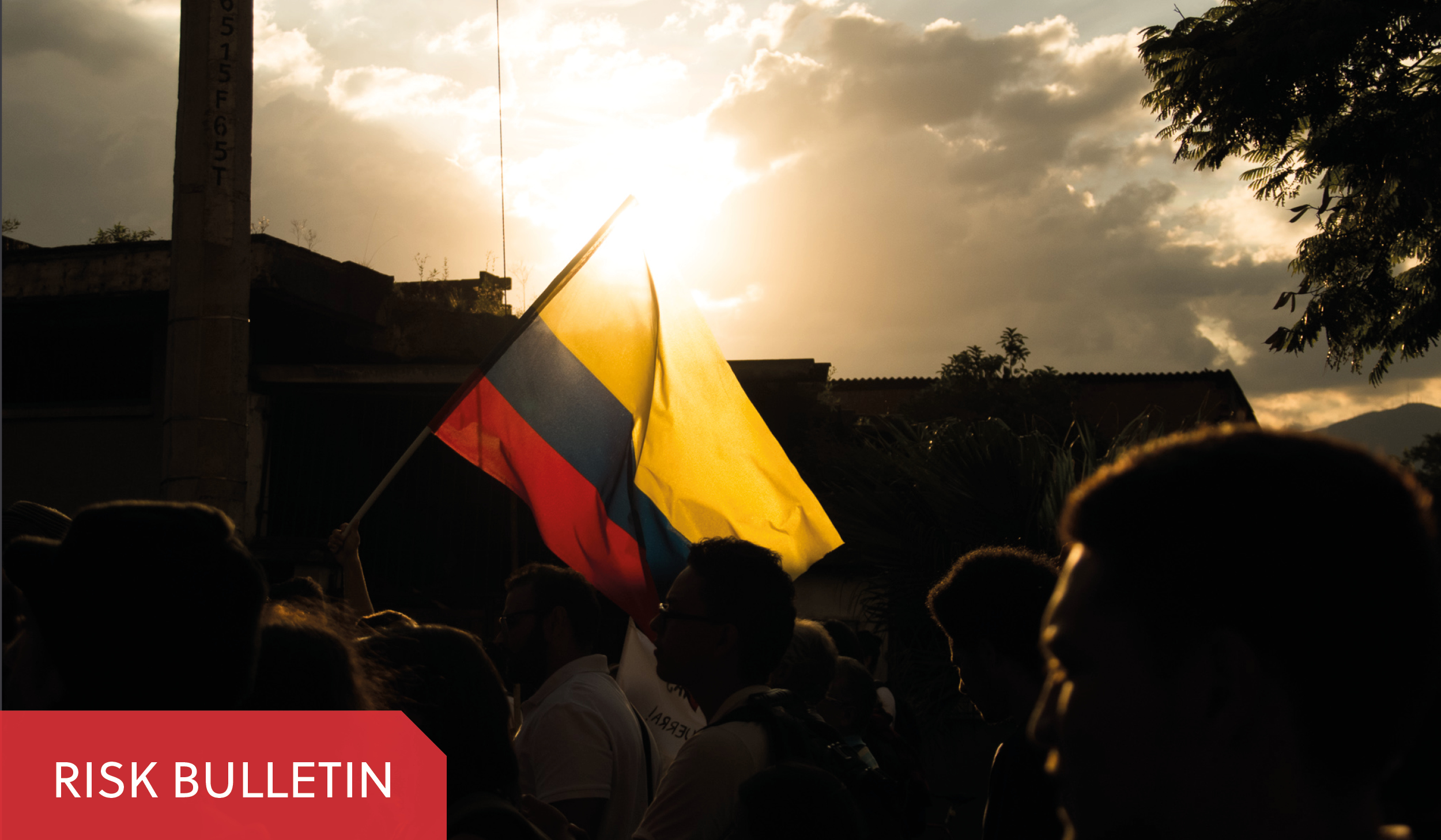In this edition of the Global Risk Bulletin we assess the implications of the recent Houthi drone and missile attacks in the United Arab Emirates, look at how global anti-vaccine protests have evolved in light of the Canadian truckers’ ‘Freedom Convoy’, and present an outlook on Colombia’s security environment amid an escalation in militant activity.
Yemen War Reaches the UAE: Emiratis’ Tough Choices Ahead
In January Houthi rebels based in Yemen carried out a series of drone and missile strikes on the United Arab Emirates. The attacks were in response to UAE’s increased support for militias fighting the Houthi rebels, and spell the end to a restraint in hostilities between UAE and the Houthis since mid-2019. In this article we delve into the dynamic between these two factions, and assess the broader implications of the conflict for the UAE.

No truck with the ‘Freedom Convoy’
The truckers’ protest in Ottawa against Covid-19 vaccine mandates brought the city to standstill, causing untold disruptions to business and daily life and costing the Canadian economy billions of dollars. While the scale of the protest was notable, it was not an isolated incident globally. Civil unrest spurred by a wide range of anti-vaccine positions has been a regular feature almost since Covid-19 vaccine programmes were first rolled out. In this article we look at how those protest movements have developed and where they have been most prominent.

Confronting the hydra: Colombia’s resilient terrorist threat
Colombia’s continued battle with insurgent militant groups has recently escalated, despite a standing peace agreement with Colombia’s former leftist insurgent group, Fuerzas Armadas Revolucionarias de Colombia (FARC). In fact, this peace agreement may have paved the way for smaller groups to establish themselves amid a power vacuum. With insufficient resources available to them, in this article we argue that the Colombian authorities will struggle to contain hostilities, pointing to a sustained deterioration of the security environment.





 Email Markus
Email Markus





 @SRMInform
@SRMInform
 S-RM
S-RM
 hello@s-rminform.com
hello@s-rminform.com

